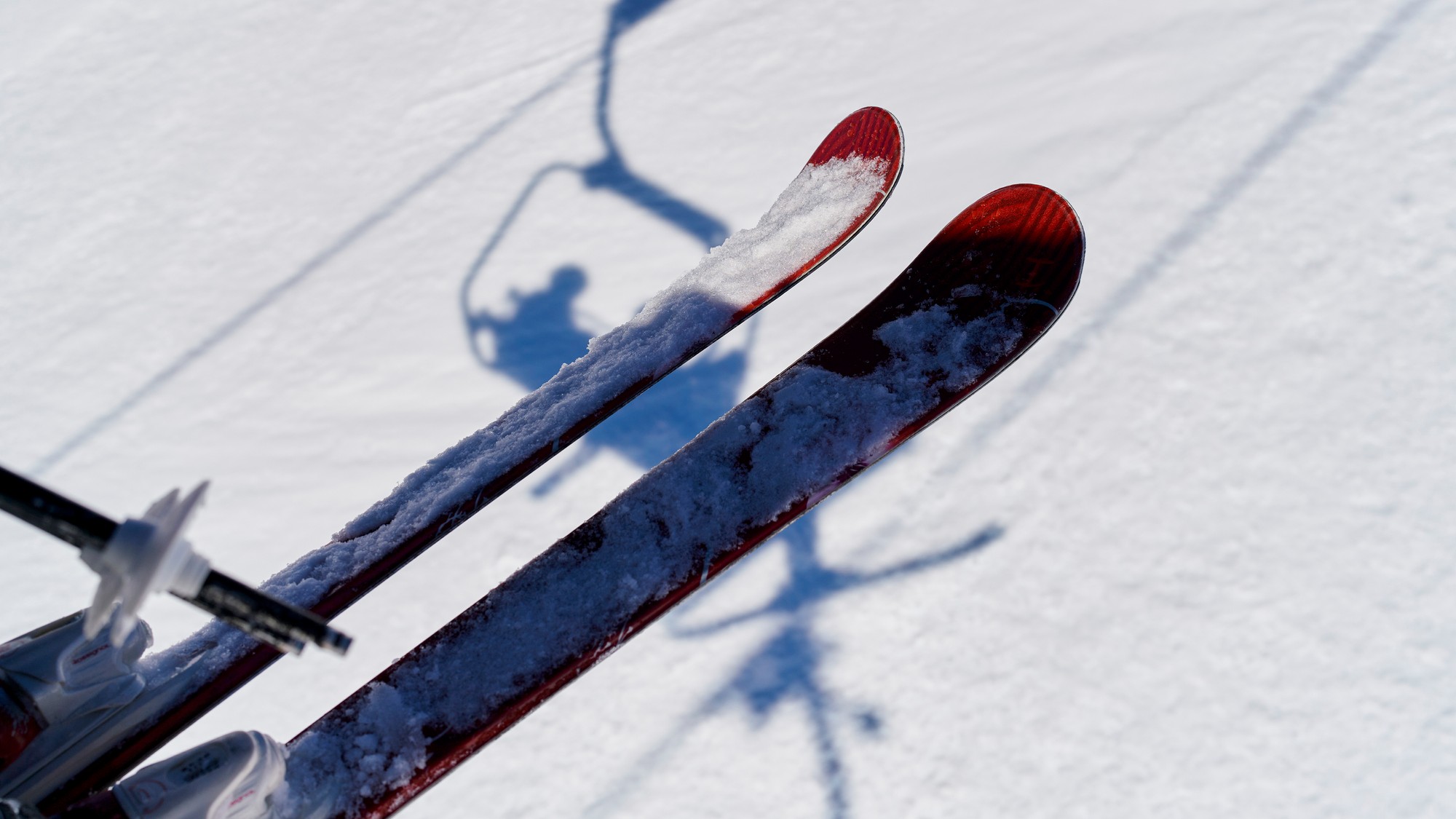How climate change is impacting sports around the world
Your favorite golf tournament or that long-awaited soccer match may look a bit different in the future


A free daily email with the biggest news stories of the day – and the best features from TheWeek.com
You are now subscribed
Your newsletter sign-up was successful
“From the greenhouse gases emitted from transporting equipment, athletes and fans all over the world," Euronews reported, "to the harm done to ecosystems by venue construction, high-density events and poor waste management," it's clear that the athletic sector has played a role in the worsening climate crisis. In turn, however, climate change is making it more difficult for athletes worldwide to partake in their favorite sports, as rising temperatures complicate the games they know and love.
Skiing and snowboarding
Winter sports in particular, like skiing and snowboarding, are feeling the climate change-induced heat. One French ski resort had to close permanently due to a lack of snow, CNN reported, and more will likely follow suit.
Many resorts already rely on artificial snow to keep things running. However, "the whole idea that ski resorts could continue to operate as they currently do, plugging any gaps with artificial snow, is fundamentally flawed," Luca Albrisi, the lead author of the Clean Outdoor Manifesto, told Wired. To help financially, some resorts have repurposed portions of their land to make it more conducive to non-snow-related activities, like mountain biking. "I would say the next years will be a boom for mountain bike parks, especially for all the ski areas under 1,500 meters," industry insider Felix Saller told the outlet.
The Week
Escape your echo chamber. Get the facts behind the news, plus analysis from multiple perspectives.

Sign up for The Week's Free Newsletters
From our morning news briefing to a weekly Good News Newsletter, get the best of The Week delivered directly to your inbox.
From our morning news briefing to a weekly Good News Newsletter, get the best of The Week delivered directly to your inbox.
Track and field
Outdoor summer sports are also in for a rude awakening. A number of track and field events take place outside, which could pose a health risk for athletes in the event of extreme heat. "We have a challenge everywhere we look. The welfare of the athletes for me always needs to be primary," Sebastian Coe, president of the governing body World Athletics, told Reuters. "It's not beyond the wisdom of all of us to figure this out. But this is a challenge that isn't going to go away."
During the 2020 Summer Olympics in Tokyo, "marathon and race-walking events were moved 800 kilometers north" due to high temperatures, Reuters wrote. To prepare for the heat, athletes turned to ice vests and acclimated themselves in saunas. "Constituent groups like sport are going to have to figure this out for themselves, because I don't think we can rely on governments to remotely get to grips with what is going to be a massive shift in reality in the next few years," Coe remarked.
Soccer
The 2022 FIFA World Cup faced backlash over its environmental impact as well as human rights concerns in host country Qatar. That year's was also the first World Cup to be held at the end of fall, rather than during the summer, because of intense heat. "Rising sea levels, intensified heat waves, increased risk of megafires, floods and deteriorating air quality all pose major threats to both amateur and professional soccer," Thomas Deshayes and Paquito Bernard wrote for The Conversation last year.
The biggest concerns for the sport are low air quality and heat; however, infrastructure destruction due to drought and wildfires is also cause for concern. "Since it is estimated that these conditions will become more frequent in the near future … it is possible to estimate a greater number of postponements and cancellations of practices and games," the pair wrote.
A free daily email with the biggest news stories of the day – and the best features from TheWeek.com
Golf
Golf courses, which notably require a controversial amount of water for maintenance, are also falling victim to the global environmental crisis: A climate change-induced rise in sea levels is eroding the coastlines where many iconic courses are located. "Some of our most historic, famous and revered golf courses are at risk, and it is something every coastal course needs to think hard about," Tim Lobb, the president of the European Institute of Golf Course Architects, told The New York Times.
"We are feeling it now with increases in unplayable holes, winter course closures and disruption to professional tournaments," Steve Isaac, then with golf governing body R&A, told Phys. org in 2018. One of Scotland’s oldest courses — St. Andrews — is actively at risk. "We will help to protect golf courses if we do the right things to protect the environment and mitigate and adapt to the effects of climate change," Nicola Sturgeon, Scotland’s first minister, told the Times.
Devika Rao has worked as a staff writer at The Week since 2022, covering science, the environment, climate and business. She previously worked as a policy associate for a nonprofit organization advocating for environmental action from a business perspective.
